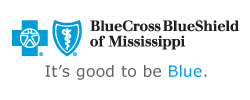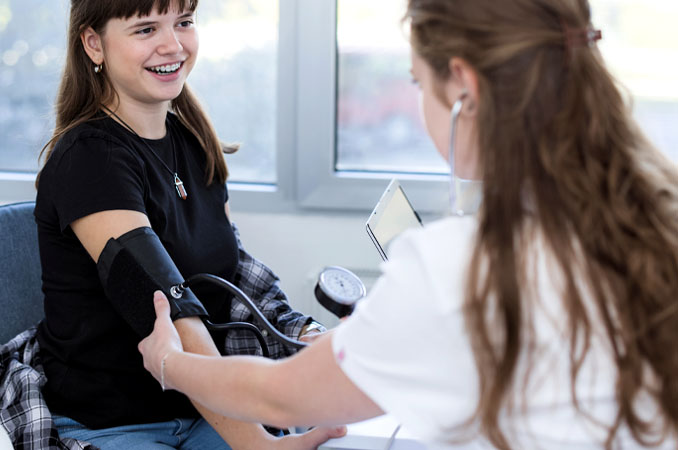Important Health Update: Measles Prevention
Since January 1, 2019, there have been more than 600 cases of measles reported in at least 22 states. This is the second highest total number of cases since measles was declared to be eradicated in 2000. The Mississippi State Department of Health is now reporting potential exposure from an out-of-state traveler from April 9-11 in the Hattiesburg area.
Measles symptoms begin with a fever, followed by a cough, runny nose and red eyes; then, a rash of tiny, red spots starts at the head and spreads to the rest of the body.
The measles virus is highly contagious and spreads through droplets in the air that can linger. Infected people can also spread measles before developing the telltale rash. Measles can be serious in children younger than five, sometimes causing pneumonia, brain swelling and even death.
The Mississippi State Department of Health and Blue Cross & Blue Shield of Mississippi are strongly recommending that Mississippi children 12 months of age or older who are behind on the measles vaccination call their Network Primary Care Provider immediately.
Being vaccinated is the best way to protect yourself and those around you, particularly those who can’t get the vaccine. If you are not certain if you have been vaccinated, a blood test can determine if you should receive a measles-mumps-rubella (MMR) shot. Most infants are not vaccinated until 12 months of age per CDC and American Academy of Pediatrics guidelines. Children also need to receive a second dose of the measles vaccine between ages 4-6 to complete the two-dose series of the vaccination. Adults born after 1956 should receive at least one MMR vaccine if they have never had any of the diseases it provides protection for (measles, mumps and rubella) or who have not had an MMR vaccine during their lifetime.
If you are a parent or guardian of a child under 12 months of age,
- Be certain that you and eligible family members (siblings one year and older, grandparents, etc.) or caregivers have been vaccinated. Ensuring everyone in the family is immune is the best way to protect children younger than 12 months.
- Use good judgment in public places or when traveling with an infant, especially in areas where measles has been reported.
Talk to your Primary Care Network Provider to determine if you need to be vaccinated, and be sure your children are up-to-date on all vaccinations. Call your Network Provider immediately if you observe symptoms as described above.
Read the statement from the Mississippi State Department of Health.
Learn more about measles from the CDC.




 Women's Health
Women's Health Eat Healthy
Eat Healthy Exercise
Exercise Health & Wellness Articles
Health & Wellness Articles